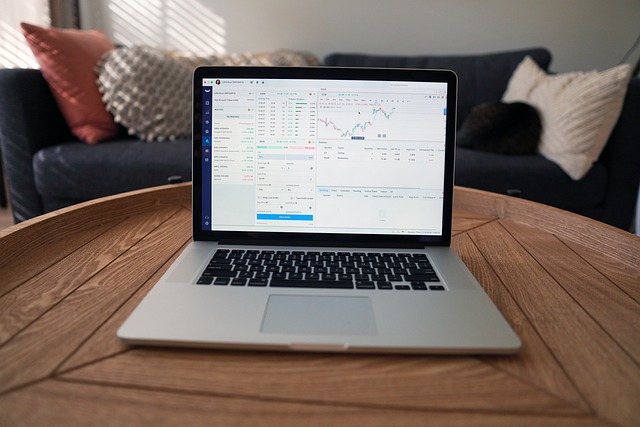Welcome to our in-depth exploration of normal trading hours, a fundamental aspect of the financial world that affects every investor and trader. Whether you’re new to trading or a seasoned professional, understanding these hours is crucial for optimizing your trading activities and maximizing opportunities.
In this article, we’ll delve into what normal trading hours entail, why they are important, and how they can influence market dynamics.
Let’s dive right in!

What are Normal Trading Hours?
Normal trading hours refer to the specific times during which financial markets are open for trading. These hours vary depending on the market and the asset being traded, but they generally follow a set schedule designed to accommodate global participation while maintaining market efficiency.
For example:

U.S. Stock Market Hours
- NYSE (New York Stock Exchange): Monday to Friday, 9:30 AM to 4:00 PM ET
- NASDAQ: Monday to Friday, 9:30 AM to 4:00 PM ET
European Stock Market Hours
- London Stock Exchange: Monday to Friday, 8:00 AM to 4:30 PM GMT
- Euronext Paris: Monday to Friday, 9:00 AM to 5:30 PM CET
Asian Stock Market Hours
- Tokyo Stock Exchange: Monday to Friday, 9:00 AM to 3:00 PM JST
- Hong Kong Stock Exchange: Monday to Friday, 9:30 AM to 4:00 PM HKT
Understanding these hours is essential for planning your trades and ensuring timely execution.
Now, let’s explore why normal trading hours matter so much in the financial world!

Why Normal Trading Hours Matter
Normal trading hours play a crucial role in shaping market liquidity, volatility, and overall trading dynamics. Here’s why they matter:
- Global Participation: Normal trading hours are designed to overlap with major financial centers around the world, ensuring continuous trading opportunities for investors across different time zones.
- Market Liquidity: During normal trading hours, liquidity tends to be higher due to increased trading volume. This liquidity facilitates smoother transactions and tighter bid-ask spreads, which are beneficial for traders seeking to enter or exit positions.
- Price Discovery: The active trading hours are when most price discovery occurs.
This is the process by which market participants determine the fair market value of securities based on supply and demand dynamics.
- News Impact: Normal trading hours coincide with the release of economic data, corporate earnings reports, and geopolitical events. These announcements can significantly impact market sentiment and asset prices, making it crucial for traders to be active during these times.
- Trading Strategies: Many trading strategies, such as day trading and swing trading, rely on taking advantage of price movements during normal trading hours. Understanding these hours allows traders to execute their strategies effectively.
Best Practices for Trading During Normal Trading Hours

To make the most of normal trading hours, consider these best practices:
- Plan Ahead: Research market conditions and develop a trading plan before the opening bell.
- Stay Informed: Keep abreast of market news and events that could impact your trades.
- Use Limit Orders: Set limit orders to buy or sell at specified prices to avoid unexpected price movements.
- Manage Risk: Implement risk management strategies, such as stop-loss orders, to protect your capital.
- Monitor Volume: Pay attention to trading volume and liquidity levels to gauge market interest in specific assets.
FAQs About Normal Trading Hours
Q: Why do markets have specific trading hours? A: Specific trading hours allow for orderly and efficient trading, balancing the needs of market participants worldwide.
Q: Can I trade outside of normal trading hours? A: Yes, some markets offer extended hours trading, but liquidity may be lower, and prices can be more volatile.
Q: How do normal trading hours affect volatility? A: Higher trading volumes during normal hours can lead to increased volatility, presenting both opportunities and risks for traders.
Conclusion

In conclusion, understanding normal trading hours is essential for anyone involved in the financial markets. These hours not only dictate when you can trade but also influence market dynamics and trading strategies. By knowing the best practices for trading during normal hours and staying informed about market conditions, you can enhance your trading performance and make more informed investment decisions.
Whether you’re a novice investor or a seasoned trader, mastering normal trading hours is a key step towards achieving your financial goals.
Remember, the next time you’re planning a trade, consider how normal trading hours can impact your strategy and execution. Happy trading










